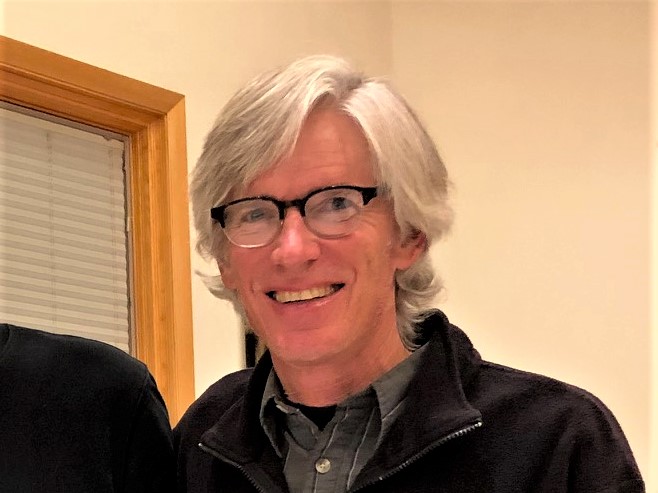Most people will experience trauma in their lifetime whether it’s a car accident, abuse or neglect, the sudden death of a loved one, a violent criminal act, exposure to the violence of war, a natural disaster, or witnessing what one perceives as a life-threatening event.
While many people can recover from trauma over time with the love and support of family and friends and bounce back with resiliency, others may discover effects of lasting trauma, which can cause a person to live with deep emotional pain, fear, confusion, or post-traumatic stress far after the event has passed.
In these circumstances, the support, guidance, and assistance of a therapist is fundamental to healing from trauma.
Trauma Symptoms
According to the four types of symptoms listed in the DSM-5
Avoidance Symptoms
- Avoiding specific locations, sights, situations, and sounds that serve as reminders of the event
- Anxiety, depression, numbness, or guilt
Re-experiencing Symptoms
- Intrusive thoughts, nightmares or flashbacks
Hyperarousal Symptoms
- Anger, irritability, and hypervigilance
- Aggressive, reckless behavior, including self-harm
- Sleep disturbances
Negative Mood and Cognition Symptoms
- Loss of interest in activities that were once considered enjoyable
- Difficulty remembering details of the distressing event
- Change in habits or behavior since the trauma
Research has proven psychotherapy to be the most effective form of treatment for trauma. Recent research and clinical practice suggests that trauma can reside in the body and the nervous system, where it can have debilitating effects that seem beyond one’s conscious control, culminating in Post-traumatic Stress Disorder (PTSD). Working gently with the nervous system and physical sensations using somatic psychotherapy can heal trauma and bring relief from limiting symptoms.
I practice a somatic psychotherapy called Trauma Resiliency Model that is effective in treating the negative effects of trauma, and is a close cousin of Somatic Experiencing. I also use Cognitive-behavioral Therapy (CBT) as a complementary therapy to somatic therapy. I have found (as have some others) that somatic therapy conducted outdoors in a natural environment enhances the healing potential of the therapy and can lead to relatively rapid shifts in experience. Somatic therapy for trauma, unlike some other therapy techniques, does not require you to talk much, if at all, about the trauma.
If you or someone you know has some of the trauma symptoms listed above, I invite you to contact me today for a free consultation.


